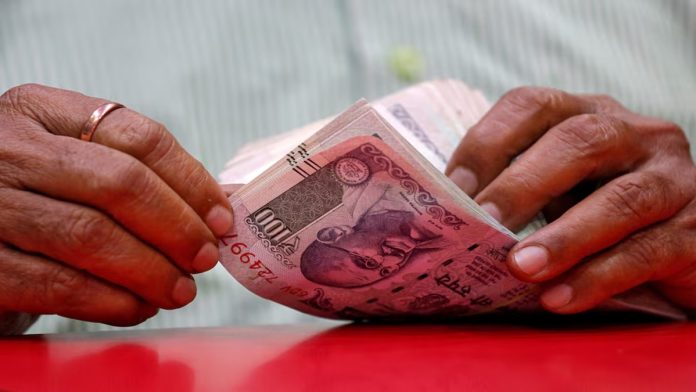By Kohinoor Biswas
In the rapidly evolving landscape of financial technology, understanding the delicate balance between what Indian customers want and what they truly need is critical. This becomes particularly evident in the context of cashback and rewards programs, two strategies central to how a new-age industries like ecommerce and fintechs, and retailers engage with consumers. While cashback offers instant gratification and appeals to the desire for immediate rewards, the question arises: does it cultivate long-term loyalty and brand affinity? Let’s explore the psychological underpinnings of cashback incentives and their implications for building lasting relationships with customers, contrasting them with the potential of well-structured rewards programs.
Understanding Wants vs. Needs
The distinction between wants and needs is a fundamental concept in consumer behaviour. Wants are often driven by the desire for immediate satisfaction, while needs align with long-term value and fulfillment. In the context of fintech, cashback offers cater to wants by providing instant financial benefits. However, the key to sustainable growth lies in addressing the needs of customers—one that goes beyond immediate monetary gain and addresses a bigger issue, or adds value, thereby building trust and meaningful engagement with the brand.
Also Read The curious case of a spoilt customer Archies launches new campaign to celebrate staff contributions Is hyper-personalisation the future of customer experience or a potential pitfall? Decoding the Indian consumer, and capturing the wellness wave
The Appeal of Cashback
Cashback programs have become a staple in the consumer market, especially within the fintech and e-commerce sectors. These programs offer instant financial returns on purchases, tapping into the human desire for instant gratification. The immediate reward of cashback triggers a positive impact, enhancing the shopping experience and encouraging repeat purchases. According to a study by Yotpo, a leading eCommerce marketing platform, 30% of consumers are more likely to make a purchase when a cashback offer is available. This phenomenon is particularly pronounced in a price-sensitive market like India, where consumers actively seek out the best deals to maximize their savings.
The appeal of cashback is undeniable—it provides a straightforward, tangible benefit that resonates with consumers. However, while it is effective in driving short-term sales and encouraging initial engagement, it falls short in fostering long-term loyalty. The transient nature of cashback rewards means that once the immediate benefit is received,
» Read More


